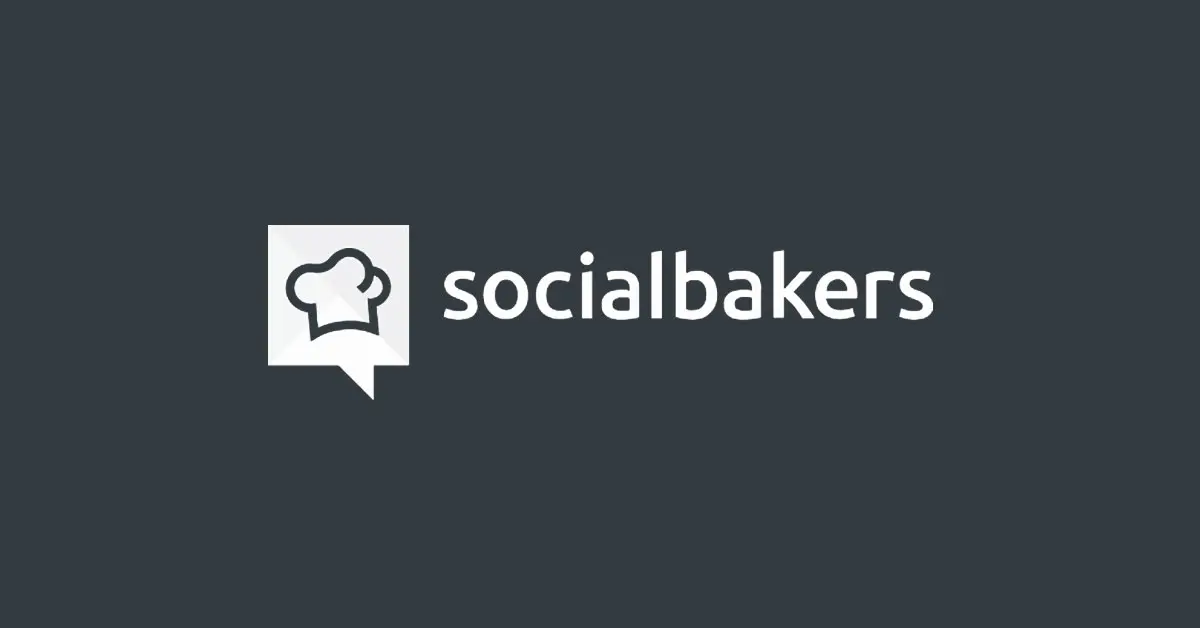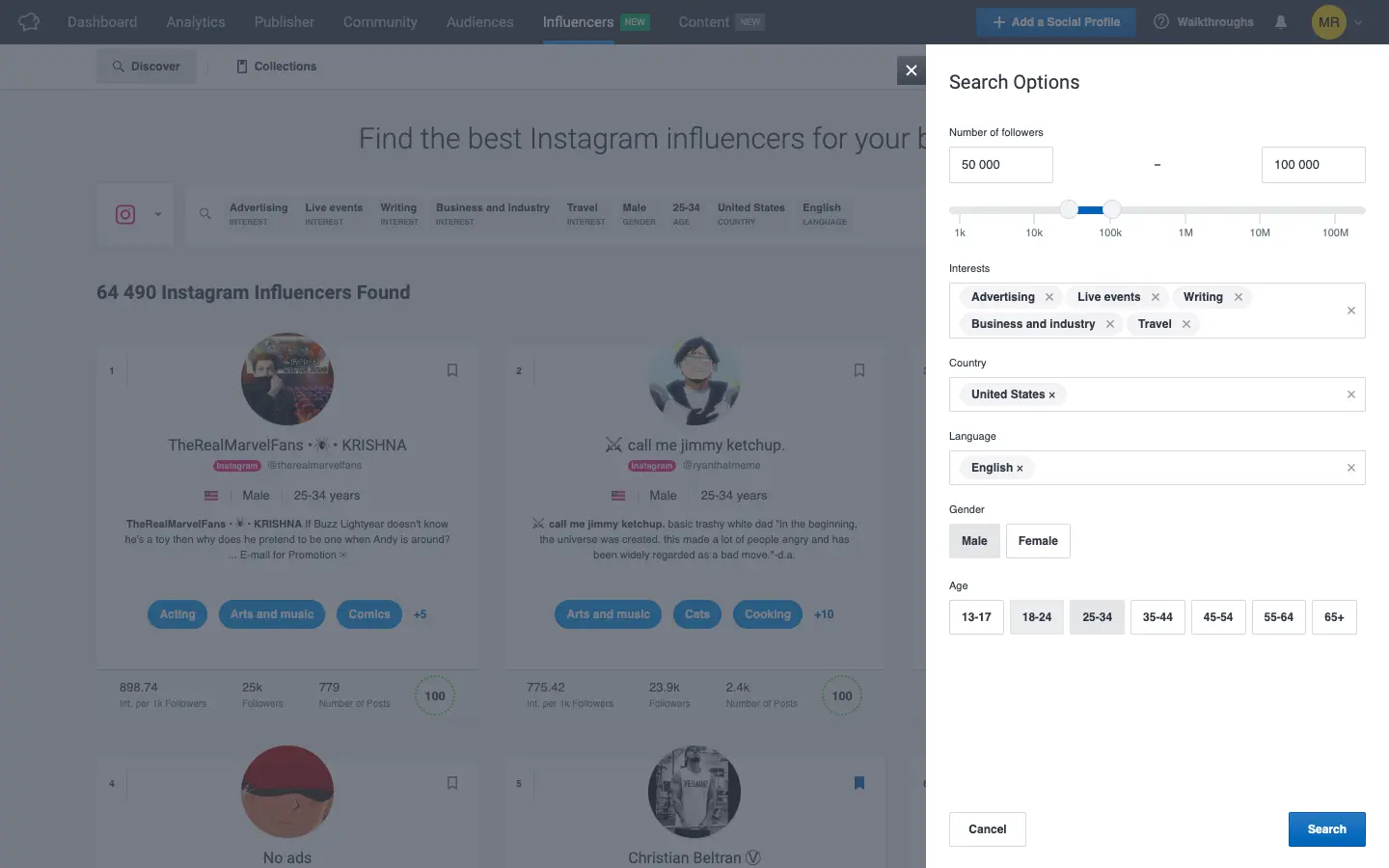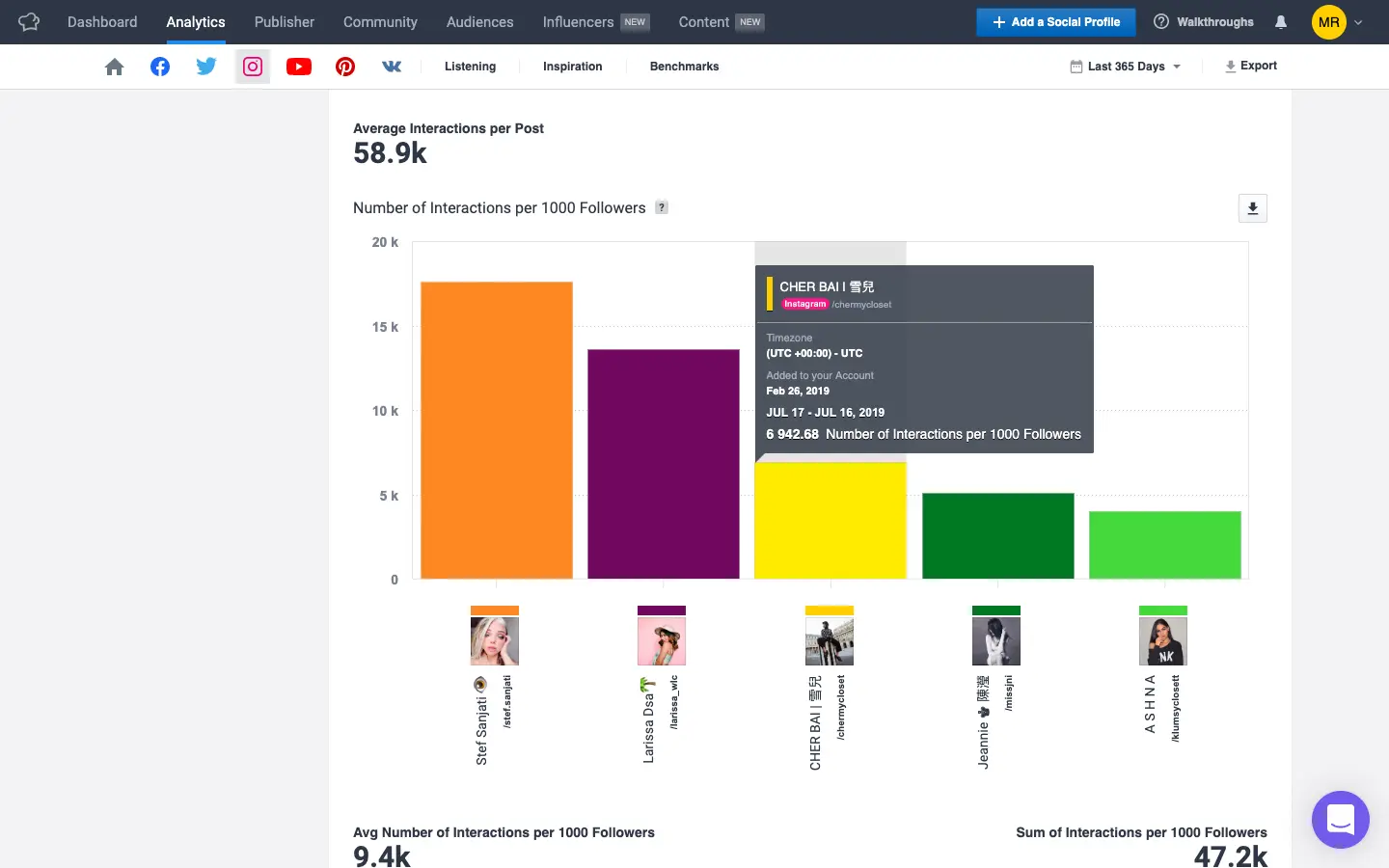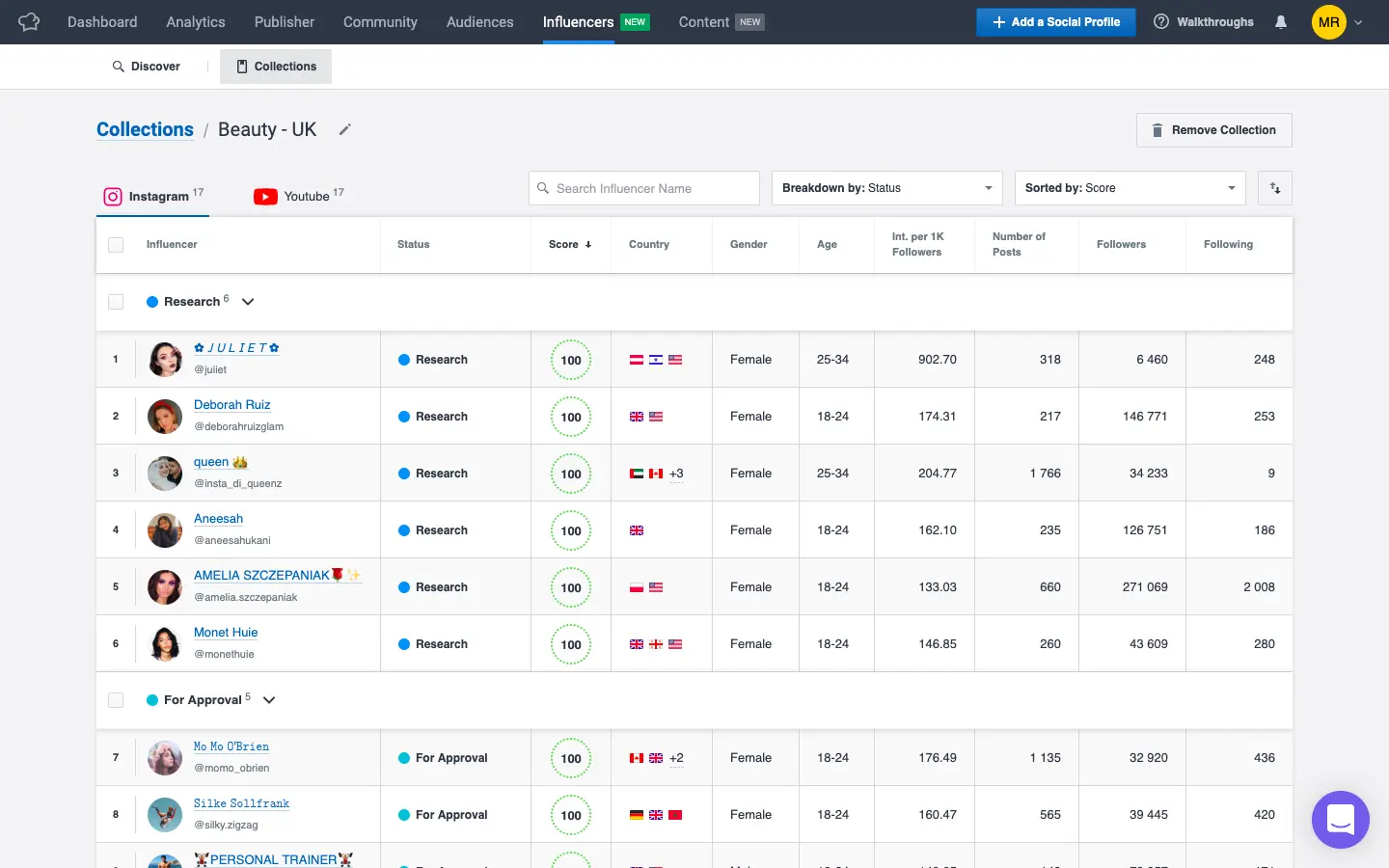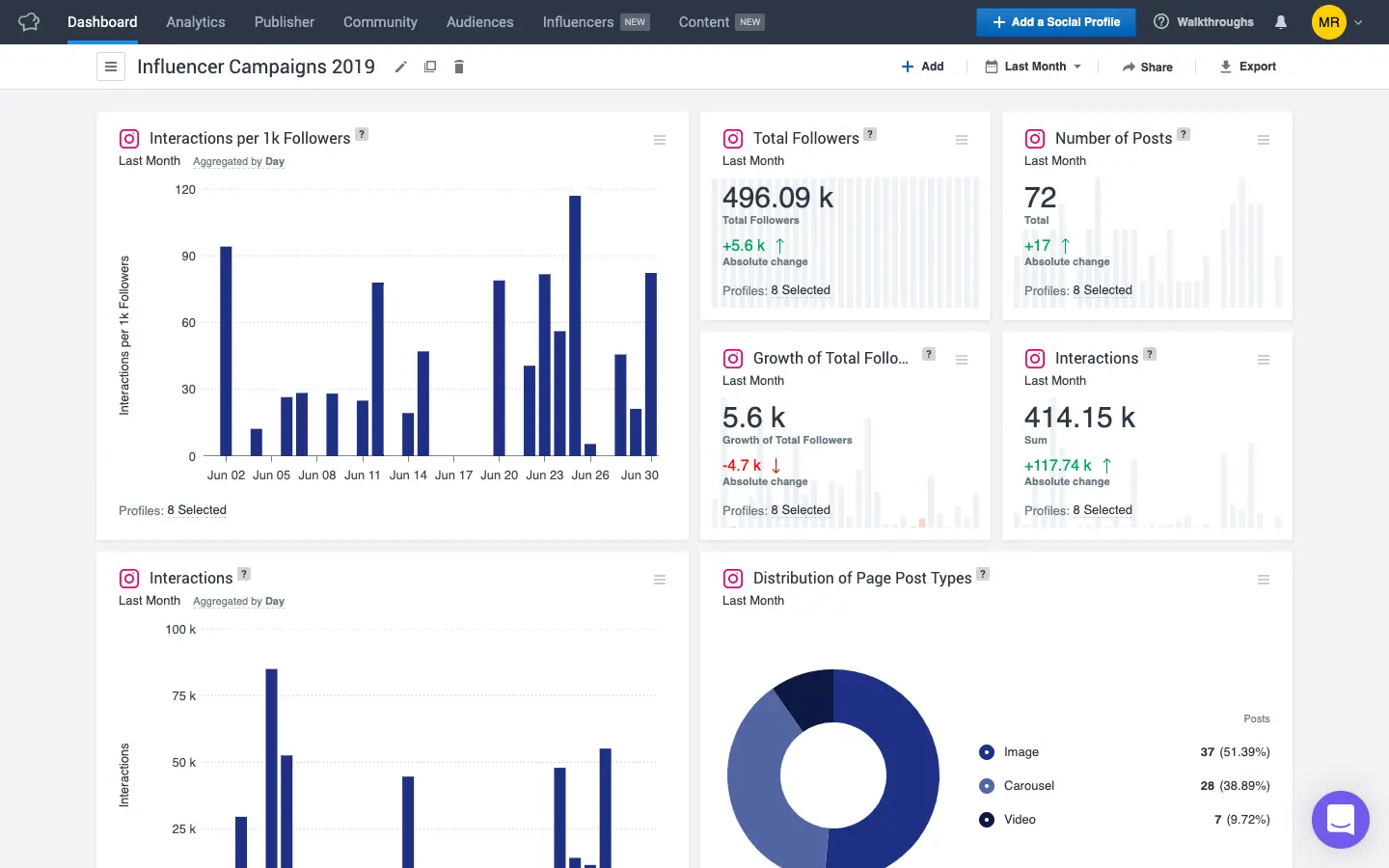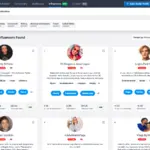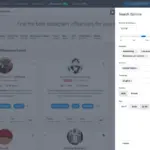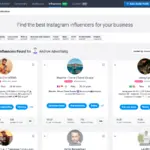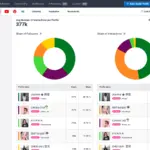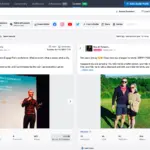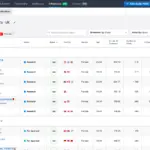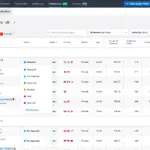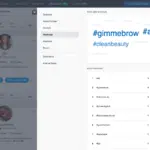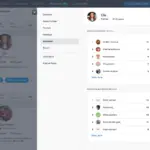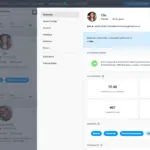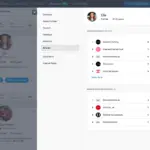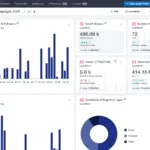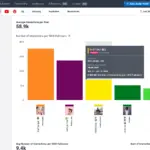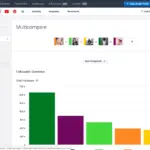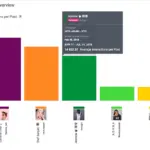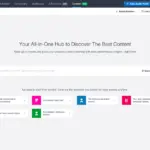
The history of Socialbakers goes all the way back to 2009, when it was a social media marketing agency called Candytech. Facebook was just beginning to catch on with the general public (as in: people who were not in college), and brands were beginning to see the value of establishing their presence on the platform. Social media agencies quickly created a promising cottage industry of helping big, stuffy companies navigate their way through this new world of digital marketing.
Even from the beginning though, Candytech was doing things differently. While most social media efforts involved looking at social media as a new way to move products and increase sales, Candytech was one of the first to recognize that a strong social media presence was a reward in itself. But that was a more nebulous concept to prove: it was easy enough to show a brand how many sales conversions they got through a given campaign, but how do you measure the value of a Like or a Follow? How could brands learn more about their audiences in order to build bigger ones.
The answer, of course, was data—and lots of it. Candytech created its own software platform to mine and analyse as much data as Facebook’s APIs would allow them to. The tool worked so well that they gave it a name—Facebakers—and sold it as a standalone product to complement their agency work. Thankfully, they were forced to cease and desist use of that name when the social media giant decided it owned the word “Face.” They rebranded the software as Socialbakers—which is just an objectively better name all around, and doing so helped position them for future expansion. In 2010, Twitter was only just getting started and Instagram hadn’t even been launched yet, but Socialbakers was doing well from the get-go.
Over time, the software kept evolving. In addition to the foundation of analytics and statistics on which the platform’s success was built, Socialbakers added more features around managing social media presence with content curation and schedulers, as well as spurring engagement insights aimed at helping brands engage with their audiences and nurture customer loyalty.
While they were early to the social media game, Socialmakers arrived a couple of years late to influencer marketing, launching new influencer-specific tools in May of 2018. For their existing customers, that might have seemed like a long wait—influencer marketing officially became a “craze” in 2016—but that 2+ year lag had to have been worth it for them. At a time when IM platforms were sprouting up nearly everywhere to capitalise on the new trend, Socialbakers took a step back and focused on creating something of quality. Dozens of IM platforms launched while Socialbakers developed their new features; many of those same platforms were already dead by the Socialbakers launched their attempt at it. As you’ll see in this review, there’s a payoff to taking things slow and doing it right.
Summary:
Pricing
Socialbakers offers several different plans for customers, but the influencer marketing tools are only available in the top-tier service. This review is focused solely on that piece of the platform. We’re still including the other tiers in this pricing section, but we’re going to let Socialbakers’s reputation precede them on that front: it’s a top-notch social marketing suite competing with the likes of Sprout Social or Hootsuite, and already in use by huge brands like Toyota, McDonald’s, ASUS, and Jägermeister.
- Essential, $240/mo ($200/mo billed annually) — Straight-up social media marketing and management for 5 users and 10 social profiles. Includes Content Management, Scheduling, and Publishing, Analytics, and mobile app for accessing all these features on the go.
- Smart, priced on request — All of the above for 20 users and up to 30 social profiles, plus: Sentiment Analysis, Approval Workflow, Community Management, and Custom Dashboards.
- Scale, priced on request — All of the above for unlimited users and up to 100 social profiles, plus: Cloud Storage Integration, Automated Content Labeling, Marketing Persona Mapping, Performance Optimisation, Influencer Marketing
- Integrated 360, priced on request — For those managing 100 or more social profiles, this plan offers all features, plus access to “a holistic 360 view of your digital marketing.”
Overview
If you looked through the pricing section and noticed a feature in there called Marketing Persona Mapping and wondered, “How does that work?”—well, you’re in luck. That’s where we’re starting.
Persona mapping isn’t a creation of Socialbakers, they’ve just created what is probably the easiest and most efficient way to do it. For those that don’t know, persona mapping is a time-tested technique that defines who a brand’s typical customer is based on an analysis of demographic and psychographic information. For example, the average consumer interested in purchasing 100-mile long walls tends to be white, male, in his 70’s, earns more than $400k per year, prefers Twitter over other social platforms, enjoys golf, and is President of the United States of America. Even with loads of social data available through analytics platforms, organising all that data can be a very laborious process.
As a platform created for brands to boost their social presence, Socialbakers collects a lot of data on your audience—more specifically, your engaged audience. Bots, ghosts, and lurkers are all discounted to keep the data relevant. All this data is used by an AI engine to create a detailed persona map of the average audience member you’ll be marketing to.
This has obvious applications when it comes to planning content and determining campaign strategies, but Socialbakers puts these persona maps to another good use: finding influencers. Once your various personas have been defined, the AI can then go ahead and recommend influencers likely to appeal to your audience—and the AI goes deep. From a pool over 30 million influencers on Instagram and YouTube, the algorithm takes much more into account than just keywords and captions in determining relevance. It looks through all their content, as well, and determines whether the audience engages with them. It’s not enough to know an influencer posts a lot about fashion; those posts have to perform well, and with a matching demographic, in order for that influencer to considered relevant.
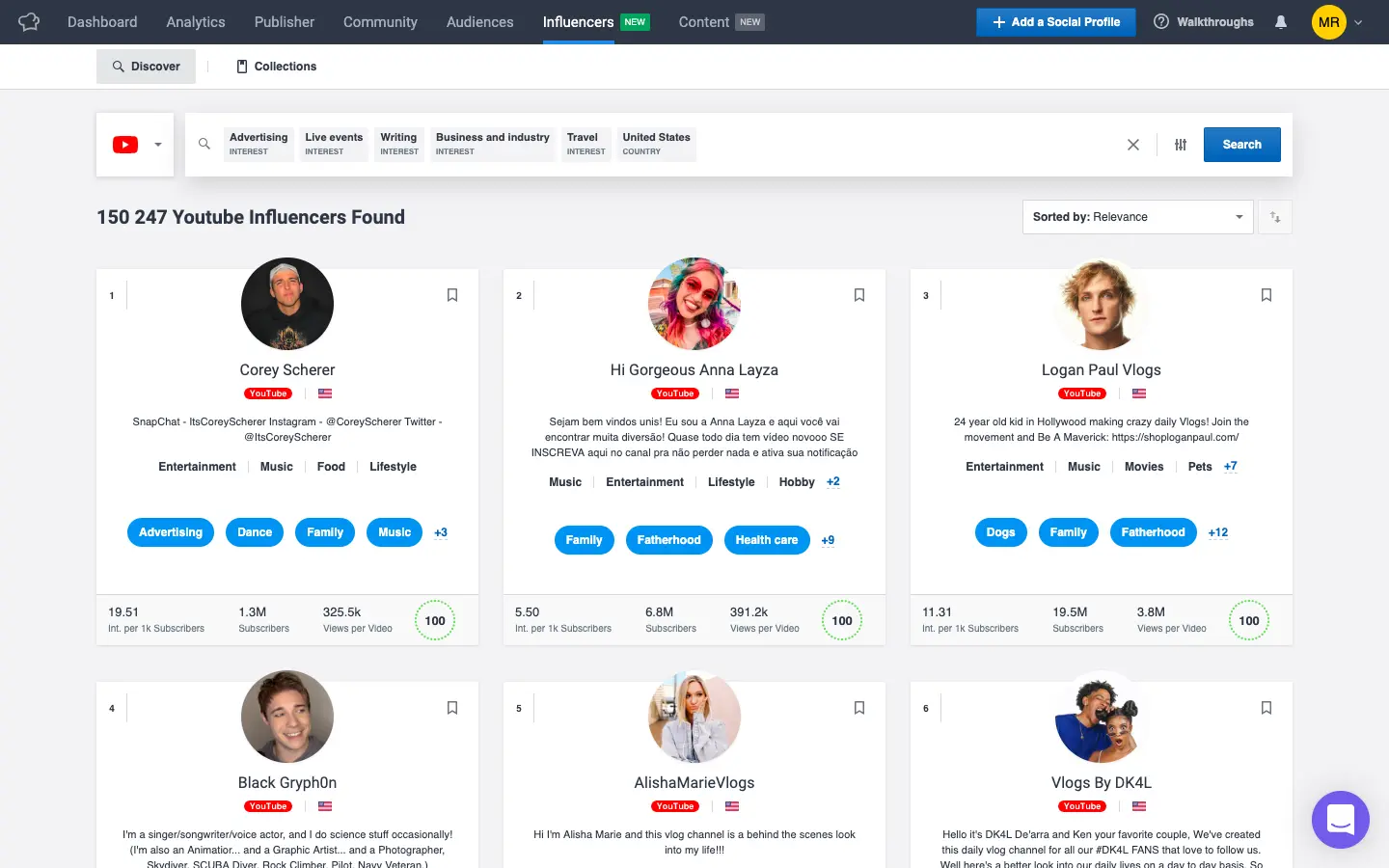
If you’re looking for influencers outside of Instagram and YouTube, you can always do a manual search. Enter search terms, filter as you would with any other high-end discovery tool, and then you’re free to peruse influencers on not just Instagram and YouTube, but also Facebook, Twitter, LinkedIn and Pinterest.
Much of the rest of Socialbakers’s influencer features fall in line—or jump way past it—with where you’d expect a quality platform to be. It says something about the platform as a whole that viewing influencer profiles is both fairly in-depth and also a little disappointing. You’ll get info on their follower count, engagement, frequently used hashtags, a gallery of recent content, and mentions (both who they mentioned and who’s mentioning them).
From the profile view, it’s also very easy to add them to a “Collection” (a list of influencers you categorise any way you please), as well as to keep notes on them, viewable by all members of your team. What’s disappointing about the profile view is that in order to get at the deep data that Socialbakers indexes and analyses, you’ll have to add their profile as one to monitor (counting against your social profile limit that’s determined by whatever plan you’re on). It’s easy enough to add the profile, gather whatever intelligence you need (like more in-depth engagement and audience analyses), and then remove it from your monitored accounts—why not just let customers view that data right there without going through the extra step?
One standout feature on the analytics side is the comparison tool, which allows you to go in-depth on profiles and view what an influencer’s actual impact is. By presenting an array of data, regarding follower growth, content overviews, and engagement, you can more easily uncover which influencer will give you the biggest bang for your marketing dollar. It isn’t always the one with the most followers, and the tool can help you better understand the value each influencer brings.
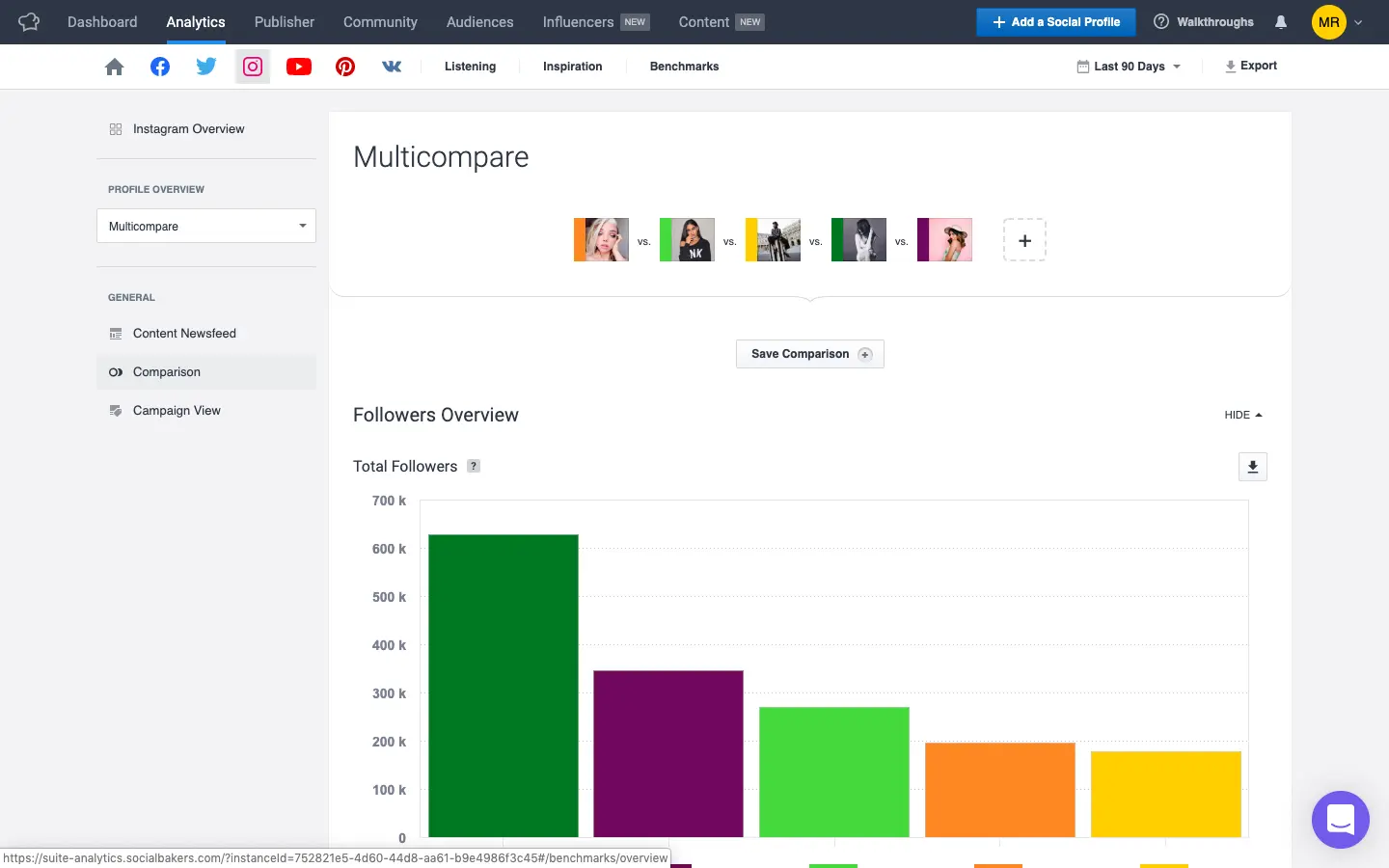
Just as valuable as finding influencers who you’ve not yet connected with is Socialbakers ability to help identify influencers (or potential influencers) within your own audience. Again, this ties back to the large amounts of data you’ll get out of monitoring your own profile by identifying those of your followers who are actively creating content on your brands behalf. Not all of them will be influencers you paid for, they just be regular people who love your brand. If they’ve got a fair amount of followers, these are relationships you can nurture to mutual benefit.
There are also tools for managing your influencers throughout the life cycle of a campaign (and beyond), a common feature for influencer platforms, but there’s a tiny little detail that Socialbakers added that’s worth mentioning. It isn’t even that groundbreaking a feature: the ability to customise the names of each stage of the life cycle. While this doesn’t materially affect the functionality of the platform, it’s one of those minor details that shows you the company whose software you’re paying to use knows a thing or two about marketing agencies. Not every agency uses the same language: one agency’s “In Process” could be another’s “Negotiation Stage.” Not every agency uses the word “Invited”—maybe you call it “Reached Out.” It’s a semantic detail at best, but it makes the adaptation of a new platform that much easier when you don’t have to shift your company’s internal lingo just to satisfy an app. Instead, the platform is designed to conform to your existing culture.
Finally, it should go without saying the analytics portion of Socialbakers is second to none. This is a company that built its success (and raised over $30m in funding over the years) on the strength of its data and stats, and those do not disappoint here. From the reporting that you get out of campaigns, to the intel you’ll get out of monitoring competitor profiles, you’ll get easy to digest—and highly actionable—insights which, in the right hands, can help you refine your campaigns and social efforts with ever more success the longer you use it.
Conclusion
A rose by any other name still smells as sweet. And Socialbakers (formerly Facebakers [formerly Candytech]) has been on an upward trajectory pretty much since Day One of operations. Regardless of its name, the software and the company’s mission has remained consistent since 2009.
As social media marketing has evolved, Socialbakers has been there every step of the way. They were among the first to recognise the value of a brand’s social media presence, and their approach 10 years ago is the standard for most brands today. Social media marketing isn’t about the quick sale, or a one-off ad. It’s a long-term investment, one that can be slow to catch on, but pays back in spades when it does. That’s because, done right, social media marketing is about creating a dialogue between brand and consumer. Influencers are often the middlemen and middlewomen mediating that conversation, and Socialbakers seems to understand this at an intuitive level. Marketing over social media isn’t about how many sales you can create—not at first, anyway. It’s about creating authentic connection with an audience, creating loyalty without a sale, and trusting that that loyalty will pay off in the long run.
That’s a big proposition for an advertising budget, but there’s a reason that nobody’s talking about the value of a print or television ad anymore. That’s because there’s only so far you can go with it. Socialbakers has understood this since its inception, and that commitment to a particular vision of marketing has worked out as well for them as it has for their clients. It certainly helps that this platform was created by an agency seeking the same kind of results they’re offering to users of their software. They clearly know marketing, they clearly understand the vaue of data, and you clearly need to give this platform a try.
Socialbakers
-
Features
-
Ease-of-Use
-
Reporting


